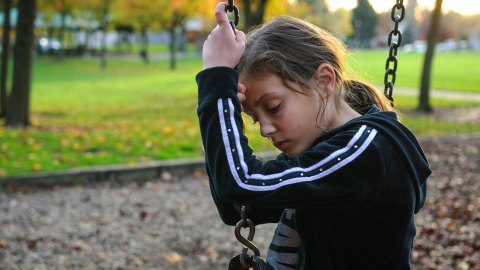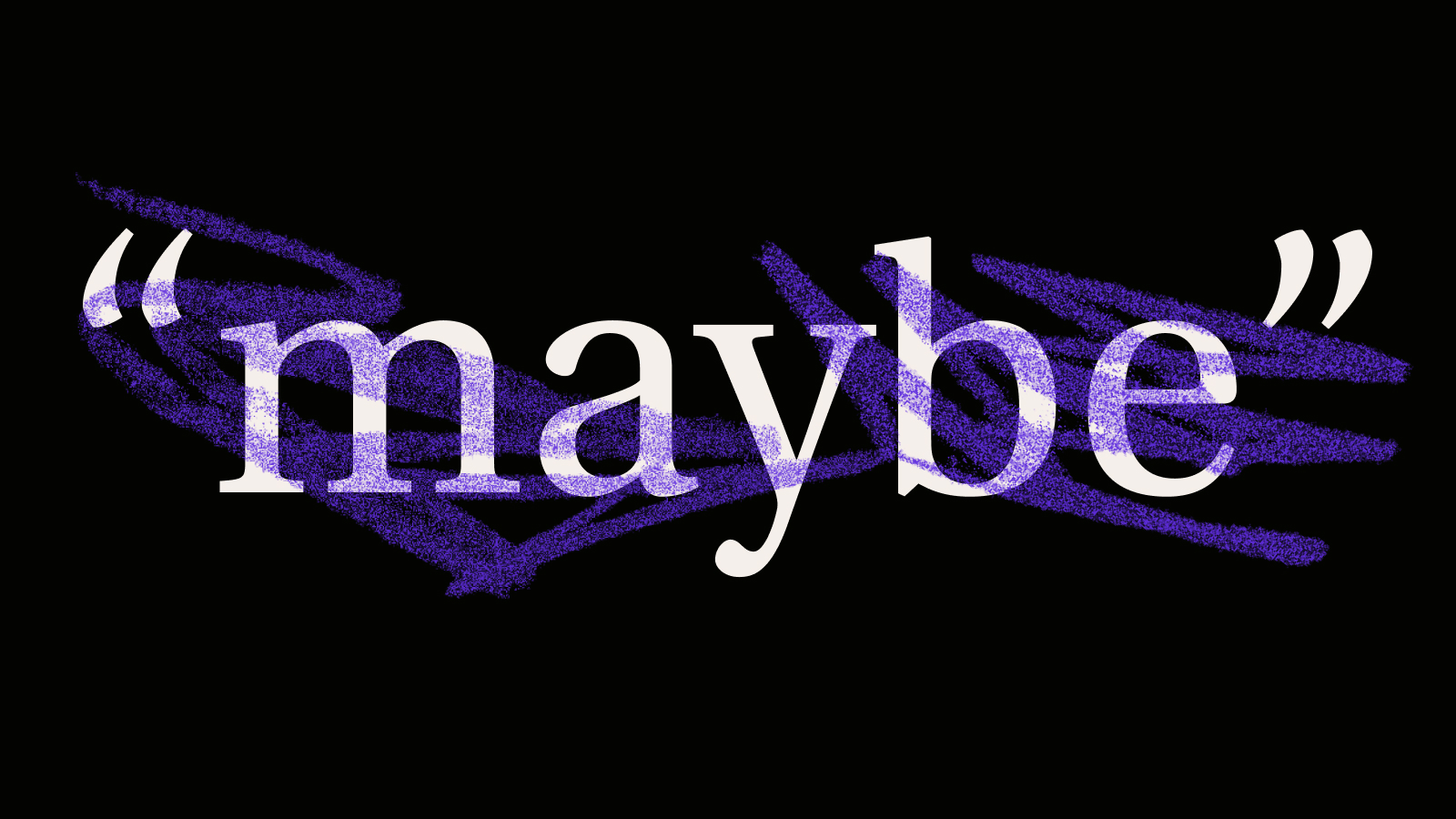Depression is Comparing Real Life to Life on Facebook

Facebook doesn’t make you depressed (unless the company happens to be conducting another psychological experiment). Researchers report that it’s comparing your life to your friends’ lives that’s making you upset. Mai-Ly Steers, a social psychologist at the University of Houston, thinks social comparison paired with a lot of time spent on Facebook leads users to feel depressed.
Steers explained in a press release that this study has basis in past real-life studies:
“Although social-comparison processes have been examined at length in traditional contexts, the literature is only beginning to explore social comparisons in online social networking settings.”
Steers’ study, published in the Journal of Social and Clinical Psychology, shows that there’s a correlation to using Facebook and depressive symptoms. However, that “doesn’t mean Facebook causes depression, but that depressed feelings and lots of time on Facebook and comparing oneself to others tend to go hand in hand.”
To be fair, it’s difficult to not compare ourselves to our friends on Facebook, or in real life for that matter. So, when our friends only tend to post “highlight reels” from their lives — just the good stuff, like vacation or wedding photos — it only makes our lives seem all the more mundane. But this comparison tends to occur after spending more time on the social network — after seeing friend upon friend posting travel photos.
Steers concluded:
“This research and previous research indicates the act of socially comparing oneself to others is related to long-term destructive emotions. Any benefit gained from making social comparisons is temporary and engaging in frequent social comparison of any kind may be linked to lower well-being.”
Read more at Science Daily.
Photo credit: Loren Kerns / Flickr




